Every year the Nuffield Research Placements provides to over 1,000 students the opportunity to work alongside professional scientists, technologists, engineers and mathematicians. As a PGR student in FHSS, I want to share my experience of being involved in the scheme last summer, and hopefully, to inspire you to consider doing likewise in 2017.
The Nuffield-funded scheme encourages and supports school students to undertake work placements in universities, with the purpose of inspiring the future generation of researchers.
The placements are a unique opportunity to give a 17 year-old the chance to discover what a career in STEM (Science, Technology, Engineering or Maths) might be like, which is particularly valuable for those with no family history of attending university or working in a STEM environment.
Personally, I believe that the choices we make in life are strongly related with the people we meet, and the placements are an opportunity to share your enthusiasm for your research with impressionable minds.
Cast your own mind back to when you were 17 what did you know about research as a career? Did anyone motivate and inspired you? How did you get where you are today?
I was involved in hosting two Nuffield Research Placements students last summer. Under the guidance and support of Professors Alison McConnell, Professor Tom Wainwright, Dr James Gavin and Rachel Delourme (STEM Advisor & Sustainability Co-ordinator at Cornwall Council), I took responsibility for coordinating the placement projects of Jamie Singleton and Freddie Corrie-Deane.
I found the experience really motivating and far from distracting me from my work routine, the placement made a valuable contribution. The students’ work helped me in defining my project and refining the research processes associated with my first study of my PhD. In this regard, I would highly recommend the value of the placements, which helped me practically, and also helped to develop my skills as a mentor.
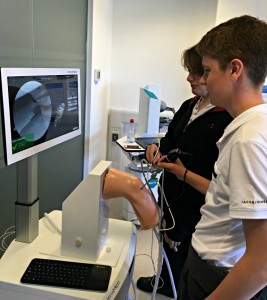
The placements were also very valuable to the students, and below are a few thoughts in Freddie and Jamie’s own words:
Freddie:
“Joining a research study, I knew I was in for a hefty chunk of reading, and with a pessimistic outlook I thought it would all be dry and bland, and that it would be the source of countless days of boredom. Thankfully I was wrong, and while I did have to spend an obligatory day or two reading background information, studies and manuals; the rest of this placement has been involved with the workings of brand-new machinery in the Orthopaedic Research Institute and going out into the local community to talk with people, both of which have been challenging and engaging in all of the right ways to make this experience an enjoyable one.
Our engagement in the community started very early into the placement, on the second day in fact, when we tagged along with Francesco (Our PhD Student overseer/mentor) to an area of sheltered housing to help him give a talk on his study, it was some really good hands on experience (it didn’t hurt that we were offered a biscuit or two). Following this line of talking to people, Jamie and I have spent the last couple of days walking around the gardens by the seaside talking to people and filling out surveys.
We have also spent a day or two engrossed in the outstanding labs in the Orthopedic Research Institute, equipped with an amazing range of equipment from a pair of surgery VR simulators that bring in experts and surgeons from all over Europe, to the intricate and ever useful Primus Machine which has more potential and customisable positions than there are hours in the day and so understandably has just as many uses.”
Jamie:
“During the past two weeks at Bournemouth University, we have had lots of hands on experience and witnessed the fun sides of research and also, the not-quite side. The latter, quite funnily enough, involved vast amounts of background reading and studying of protocols. The more enjoyable hands on experience however, consisted of being introduced to and working in the Orthopedic Research Institute Labs testing out protocols. Much to our disappointment… we had to use numerous fun and expensive pieces of equipment, it was at this point we knew this was the right place to be.
Amongst playing around with expensive machinery such as the PrimusRS and the Virtual Reality machines, we got to do some real work. This work was tough yet enriching and consisted of explaining what the research was about and why it is essential to a sheltered community, and of course when asked, accepting the offer for tea and biscuits. Visiting the shelter did give me an insight into the recruitment process for research projects, and I was quite surprised of how laid back it was.
Next, this time for real we did have work to do such as reading protocols, resources, and informative documents needed to produce our review which was not the most exciting experience however, it was made up for by the interesting walks we went on, through the Lower Gardens, in order to gather vital information that we needed for our project analysis of the PASE questionnaire.”
In conclusion, the placement are a ‘win win’ and a a great opportunity for all PGRs, not simply to share your knowledge, but also to inspire young scientists and to help them to make the first step on a career in science. Wouldn’t it be great to think that you might be one of those inspiration people who make a difference to a young person’s aspirations?
If you want to know more about the placement,please contact:
Rachel Delourme at rdelourme@cornwall.gov.uk
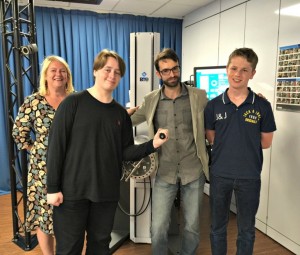
 The Arts and Humanities Research Council (AHRC), Economic and Social Research Council (ESRC) and the UK Foreign and Commonwealth Office (FCO) are pleased to invite applications to the AHRC-ESRC-FCO Knowledge Exchange (KE) Fellowships scheme. The scheme will provide the opportunity for each intake of fellows to be seconded into the FCO to work alongside, advise and influence policymakers. Fellows will bring fresh thinking, depth and breadth of expert knowledge and apply their learning to policy challenges. This is not a scheme to support research projects about the FCO. It will build new capacity in the FCO and across the UK research base.
The Arts and Humanities Research Council (AHRC), Economic and Social Research Council (ESRC) and the UK Foreign and Commonwealth Office (FCO) are pleased to invite applications to the AHRC-ESRC-FCO Knowledge Exchange (KE) Fellowships scheme. The scheme will provide the opportunity for each intake of fellows to be seconded into the FCO to work alongside, advise and influence policymakers. Fellows will bring fresh thinking, depth and breadth of expert knowledge and apply their learning to policy challenges. This is not a scheme to support research projects about the FCO. It will build new capacity in the FCO and across the UK research base. The fellowship scheme will go beyond current ad hoc arrangements, create deeper engagement between academia and policy, impact on diplomacy, increase the professional reputation of participating scholars and build long term, two way relationships. The benefits will flow to the wider academic community through fellows’ engagement with their home research organisation and wider research communities as well as through a dedicated policy seminar series hosted by the FCO during the lifetime of the scheme.
The fellowship scheme will go beyond current ad hoc arrangements, create deeper engagement between academia and policy, impact on diplomacy, increase the professional reputation of participating scholars and build long term, two way relationships. The benefits will flow to the wider academic community through fellows’ engagement with their home research organisation and wider research communities as well as through a dedicated policy seminar series hosted by the FCO during the lifetime of the scheme. HEFCE provide Higher Education Innovation Funding (HEIF) to universities to facilitate a broad range of knowledge-based interactions between them and the wider world, which result in economic and social benefit to the UK. The current round of funding is referred to as HEIF-6 and runs from August 2017 to July 2022.
HEFCE provide Higher Education Innovation Funding (HEIF) to universities to facilitate a broad range of knowledge-based interactions between them and the wider world, which result in economic and social benefit to the UK. The current round of funding is referred to as HEIF-6 and runs from August 2017 to July 2022.






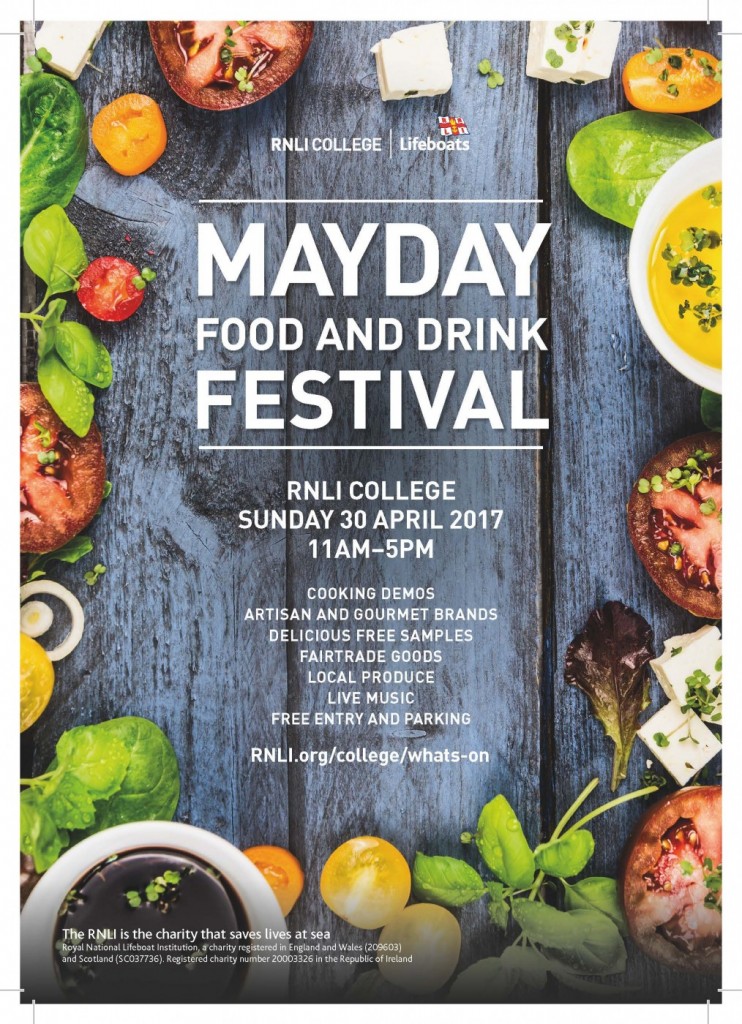

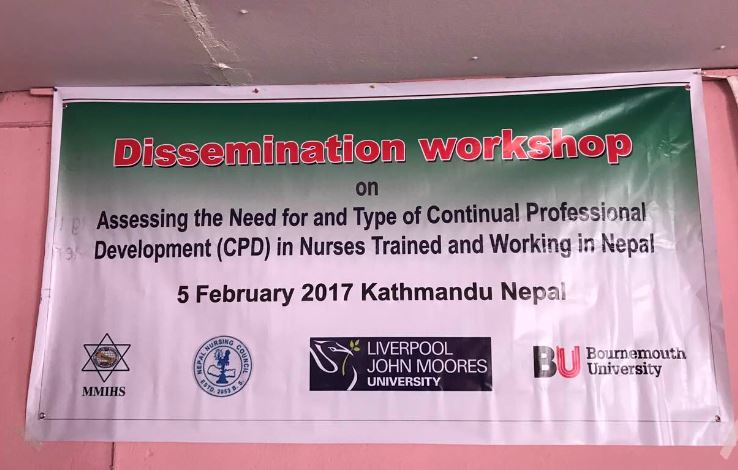

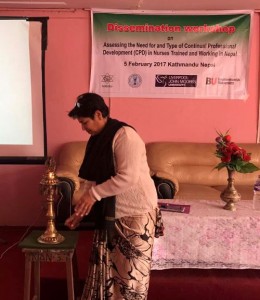
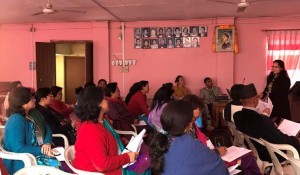



 First in the ‘
First in the ‘

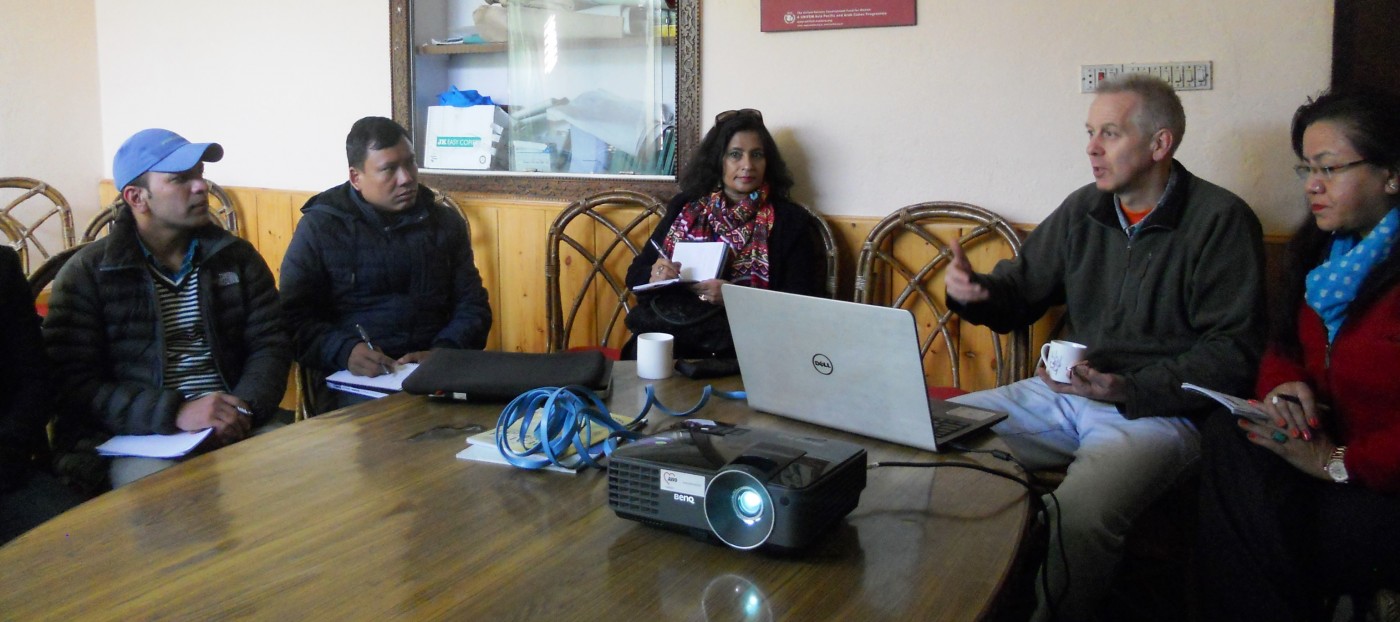


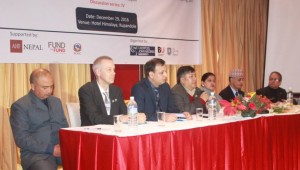
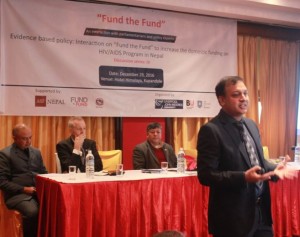
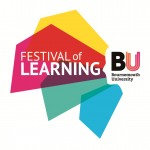 Don’t miss our drop-in sessions where we can offer you support in planning your event for Festival of Learning 2017.
Don’t miss our drop-in sessions where we can offer you support in planning your event for Festival of Learning 2017.










 REF Code of Practice consultation is open!
REF Code of Practice consultation is open! BU Leads AI-Driven Work Package in EU Horizon SUSHEAS Project
BU Leads AI-Driven Work Package in EU Horizon SUSHEAS Project Evidence Synthesis Centre open at Kathmandu University
Evidence Synthesis Centre open at Kathmandu University Expand Your Impact: Collaboration and Networking Workshops for Researchers
Expand Your Impact: Collaboration and Networking Workshops for Researchers ECR Funding Open Call: Research Culture & Community Grant – Apply now
ECR Funding Open Call: Research Culture & Community Grant – Apply now ECR Funding Open Call: Research Culture & Community Grant – Application Deadline Friday 12 December
ECR Funding Open Call: Research Culture & Community Grant – Application Deadline Friday 12 December MSCA Postdoctoral Fellowships 2025 Call
MSCA Postdoctoral Fellowships 2025 Call ERC Advanced Grant 2025 Webinar
ERC Advanced Grant 2025 Webinar Update on UKRO services
Update on UKRO services European research project exploring use of ‘virtual twins’ to better manage metabolic associated fatty liver disease
European research project exploring use of ‘virtual twins’ to better manage metabolic associated fatty liver disease